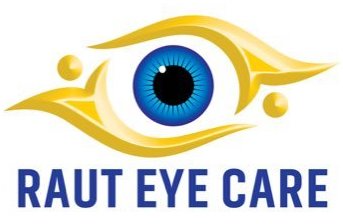
Perimetry is a medical procedure used to measure the extent and function of a person's peripheral vision.It is a diagnostic test used to detect any abnormalities in the field of vision or peripheral vision.
It is also used to detect and diagnose vision problems such as glaucoma, retinal diseases, and brain damage.During the procedure, the patient looks straight ahead into a machine and is asked to identify various shapes, flashes of light, or other visual stimuli that appear in the peripheral vision field.
The results of the test are displayed on a graph, which is used to measure the peripheral vision and look for any blind spots or areas of reduced vision.Perimetry is a safe and painless procedure that can help diagnose and monitor vision problems.






